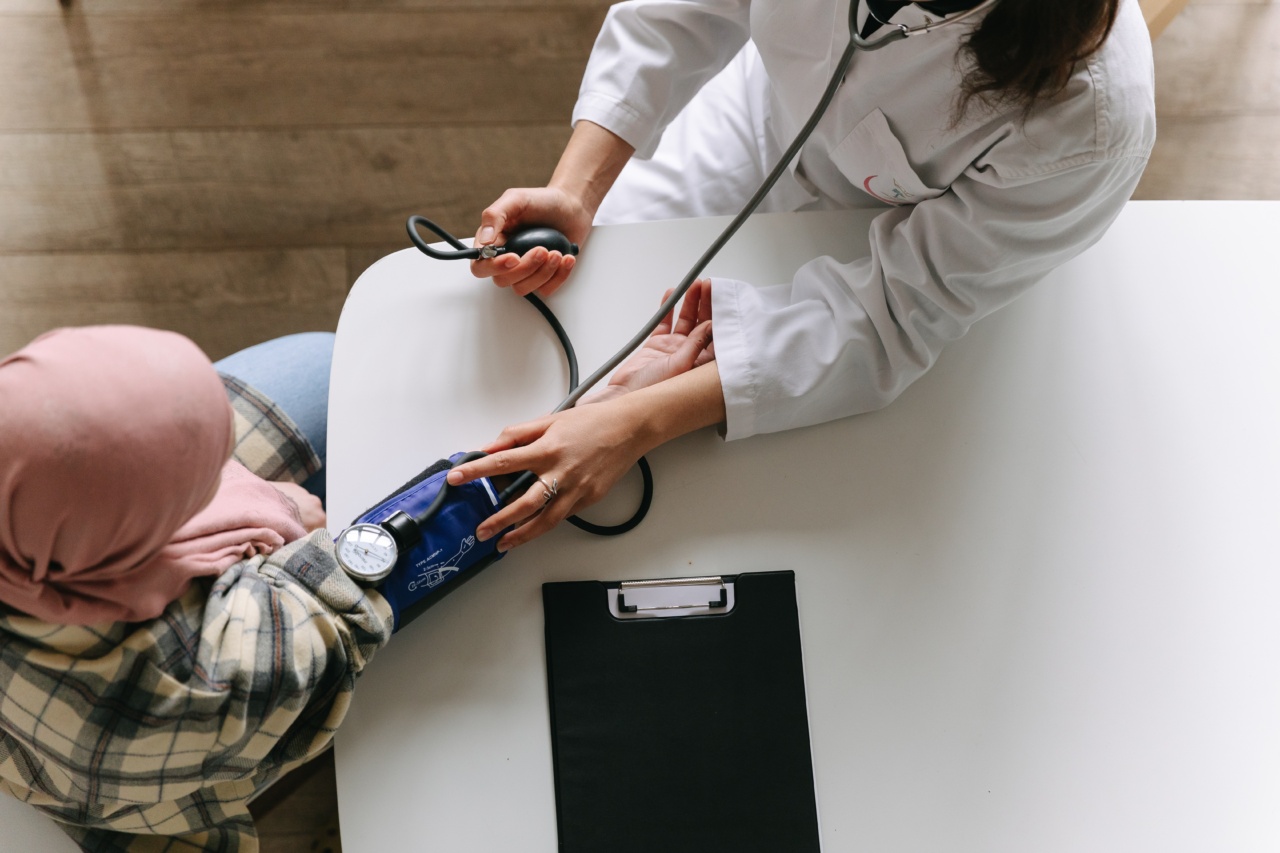When it comes to cancer, there are many misconceptions and myths that can often lead to confusion and fear. Understanding the facts about this complex disease is crucial for effective prevention, early detection, and treatment.
In this article, we will address and debunk some of the most common cancer misconceptions.
1. Cancer is a Death Sentence
One of the biggest misconceptions about cancer is that it is always a death sentence. While cancer is a serious disease, advancements in medical technology, early detection methods, and effective treatments have significantly improved survival rates.
Many individuals diagnosed with cancer go on to live long and fulfilling lives.
2. Cancer is Contagious
Cancer is not a contagious disease. It cannot be transmitted from one person to another through physical contact or close proximity.
Cancer develops within the cells of an individual’s body and is often caused by a combination of genetic factors, lifestyle choices, and environmental exposures.
3. Cancer is Only Genetic
While certain types of cancer have a genetic component, not all cancers are purely genetic.
Various factors, such as smoking, exposure to harmful chemicals, unhealthy diet, lack of physical activity, and exposure to radiation, can increase the risk of developing cancer. It’s crucial to adopt a healthy lifestyle to minimize the chances of cancer occurrence.
4. Alternative Therapies Can Cure Cancer
Alternative therapies, such as herbal remedies, acupuncture, or energy healing, may complement conventional cancer treatments, but they are not proven to cure cancer on their own.
It is crucial for individuals diagnosed with cancer to consult with healthcare professionals and follow evidence-based treatment plans for the best possible outcomes.
5. Cancer Screening Always Leads to Treatment
Cancer screening involves the use of various tests to detect potential cancerous cells or tumors before symptoms appear. While early detection is vital for successful treatment, not all screenings will lead to immediate treatment.
Sometimes, the tests may reveal benign growths or conditions that do not require immediate intervention.
6. Cancer is a Single Disease
Cancer is not a single disease but an umbrella term for a group of diseases characterized by the abnormal growth of cells. There are over 100 different types of cancer, each with its unique characteristics, causes, and treatment options.
Understanding the specific type of cancer is crucial to determine the most effective treatment approach.
7. Antiperspirants and Bras Cause Breast Cancer
There is no scientific evidence to support the claims that antiperspirants and bras cause breast cancer. These myths often circulate due to misunderstandings or misinterpretations of small-scale studies.
The majority of reputable scientific research has not found a direct link between antiperspirants or bras and increased breast cancer risk.
8. Sugar Feeds Cancer Cells
While it is true that cancer cells consume glucose (sugar) to fuel their growth, consuming sugar does not cause cancer or make existing cancer cells grow faster.
A well-rounded diet that includes moderate sugar intake as part of an overall healthy eating pattern is generally safe for cancer patients and individuals in general.
9. Superfoods Can Prevent Cancer
While a nutritious diet rich in fruits, vegetables, whole grains, and lean proteins is essential for overall health, there is no single food or superfood that can guarantee the prevention of cancer.
A balanced diet combined with a healthy lifestyle can help reduce the risk, but it’s essential to remember that cancer is a complex disease influenced by multiple factors.
10. Only Women Get Breast Cancer
While breast cancer is more common in women, men can also develop this disease.
Though the incidence rate is significantly lower in men, it is important for everyone, regardless of gender, to be aware of the signs and symptoms of breast cancer and seek medical attention if any concerning changes are noticed.
Conclusion
By debunking common cancer misconceptions, we can enhance our understanding of this complex disease and promote accurate information.
It is crucial to rely on evidence-based research and consult healthcare professionals for reliable information about cancer prevention, early detection, and treatment. Maintaining a healthy lifestyle, being aware of potential risk factors, and undergoing recommended screenings contribute to a proactive approach in reducing cancer-related risks.


























